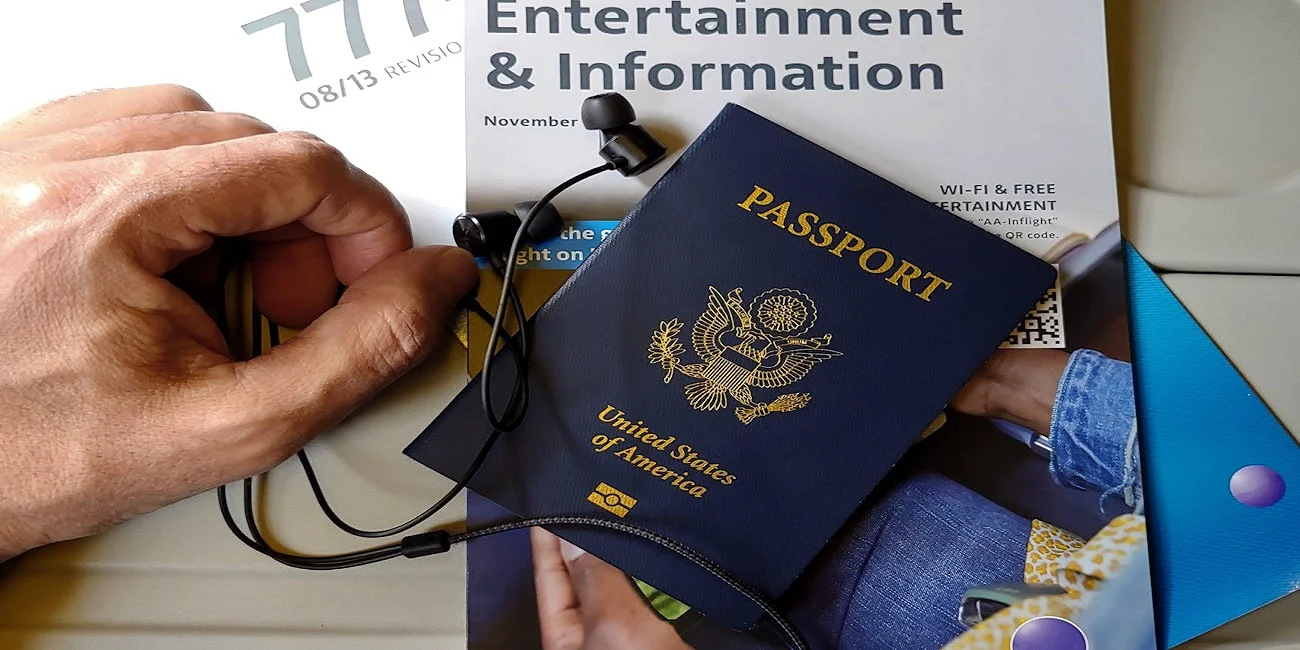
Visa Overview
A permanent resident visa grants individuals the right to live, work, and study indefinitely in a country. It is often issued based on skilled migration, family sponsorship, or humanitarian grounds. Holders enjoy most rights of citizens, such as healthcare and social benefits, though voting may be restricted. The application process usually involves rigorous eligibility criteria, including background checks, language proficiency, and financial stability. Permanent residency can lead to citizenship after meeting residency requirements.
permanent resident visa holders can sponsor family members and access government services. Maintaining residency obligations is essential to keep the visa valid. This status provides long-term security and greater opportunities for integration into society.
Document & Application Requirements
Here are 6 essential points and the key documents typically required for a permanent resident visa application, applicable to many countries such as Canada, Australia, the USA, and European nations. Requirements can vary depending on the immigration program, but these are the common essentials:
Health and Character Checks
Application Process and Fees
Frequently Asked Question
A permanent resident visa allows individuals to live, work, and settle in a country indefinitely. It often leads to citizenship eligibility. The process can be detailed and competitive. Below are two common questions applicants ask.
-
Who can apply for a permanent resident visa?
Eligibility depends on the country, but common pathways include skilled work, family sponsorship, or investment. Most countries assess factors like age, education, language ability, and work experience.
-
What documents are required for a permanent resident visa?
Key documents often include valid ID/passport, proof of qualifications, employment records, language test scores, medical exam results, and police clearance certificates. Some programs may require a point-based assessment.

